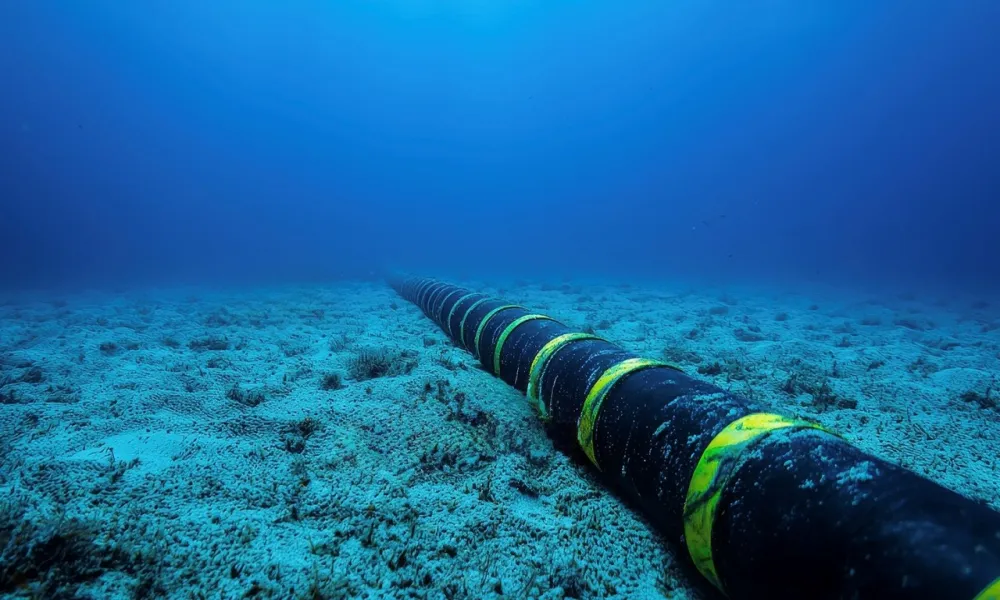There seems to be a sense of momentum and progress in the GSI electricity project with Athens and Nicosia making relevant joint moves that push past differences to the side and drive the project forward.
And this new urgency stems from one major action. Following yesterday’s meeting between energy ministers Stavros Papastavrou and Giorgos Papanastasiou, two decisions by RAEK (Cyprus Regulatory Energy Authority) taken on September 3rd , namely the transfer to ADMIE (Independent Power Transmission Operator of Greece) of owner and operator licenses, being published in the Official Gazette, eliminate at least one regulatory issue.
This is a move, as Politis argues today in a post-action analysis, that practically demonstrates Greece and Cyprus political determination to do what falls to them and see the Great Sea Interconnector through. This was the message sent by both ministers after their meeting: fewer public statements, no reservations and pushing with more work.
Elephants do remain in a certain room however, such as the payment of €25 million from the Republic of Cyprus to ADMIE as project revenue for 2025, and the execution of seabed surveys that are necessary for the cable laying to begin.
There is currently no knowledge on how the resolution of these two pending problematic matters is proceeding. The Ministry of Finance is reportedly maintaining its objection on disbursing funds for a project that has shown no substantial progress, and Turkey has blatantly made clear at the highest level that no such energy infrastructure work in the Eastern Mediterranean region can be implemented without its consent.
"I would like to emphasise that projects excluding Turkey and the ‘Turkish Republic of Northern Cyprus’ in the Eastern Mediterranean will not succeed," Erdogan said during his UNGA address on September 25th.
Turkey Factor
The prevailing sense here is that negotiations are underway between Athens and Ankara, as Turkey also has its own political priorities in projects that require both understanding and cooperation with Greece. Turkey aims to increase its production capacity in solar and wind energy to 120 gigawatts by 2035, a goal that, according to government estimates, will require investments of $28 billion in the transmission network.
In other words, Turkey itself needs more interconnections, adding to those with Greece, Bulgaria, and Georgia, as well as interoperability connections with the European system through Greece and Bulgaria under the coordination of the European Network of Transmission System Operators for Electricity (ENTSO-E).
For the time being, the Turkey factor is being taken out of the equation, with the two governments focusing on their internal processes to get the project done. When it comes to the payout of the €25 million to ADMIE, yet another variable has entered the equation, providing a possible answer: Nicosia has acknowledged that the project also touches upon issues of sovereignty.
The transfer to ADMIE of the owner and operator licenses for the Greece-Cyprus interconnection is, nevertheless, a joint move that clearly indicates that the project remains alive.
